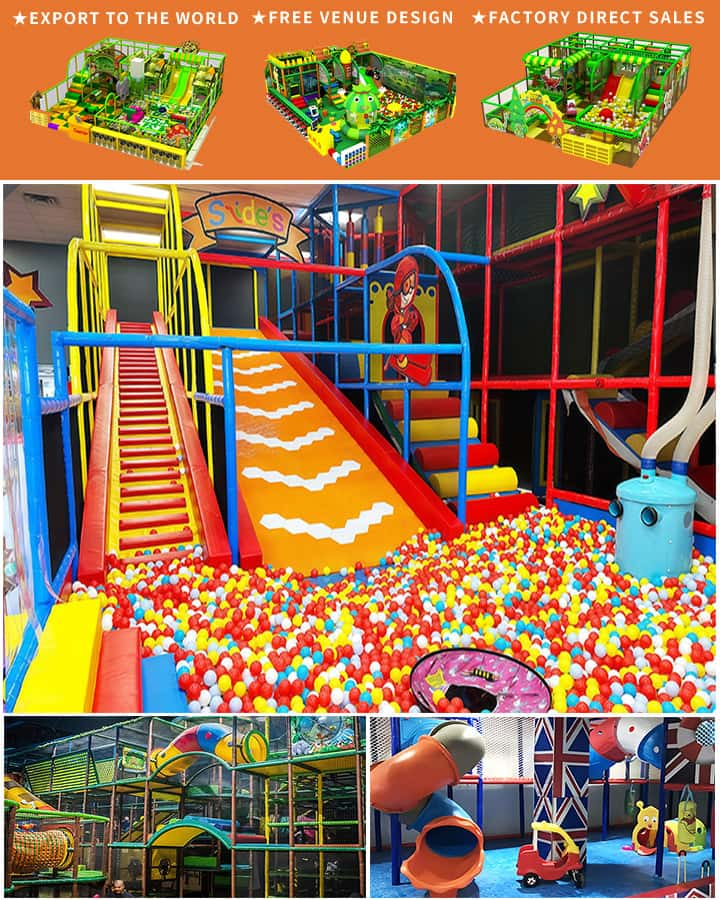Playgrounds are a vital part of childhood, providing a space for children to engage, explore, and develop various physical and social skills. In the United Kingdom, playgrounds come equipped with an array of engaging equipment, each designed to offer both fun and developmental benefits. Here is a list of popular playground equipment names commonly found in UK parks and schools:
1. Swing Sets
Swing sets are quintessential playground fixtures, featuring swings that allow children to soar through the air. These typically include single swings, baby swings, and sometimes even nest swings where multiple children can swing together.
2. Slides
Slides are another staple of any playground. They come in various shapes and sizes, from simple straight slides to more complex spiral or tunnel designs. Some popular types include:
- Tower Slides: High-rise structures with steep drops.
- Wave Slides: Gentler slides with undulating curves.
- Spiral Slides: Fun twisting slides that add extra excitement.
3. Roundabouts (Merry-Go-Rounds)
Roundabouts have been delighting children for generations. Kids sit on the edge of a circular platform and push off the ground, causing it to rotate. The spinning motion provides endless entertainment and helps improve balance and coordination.

4. Climbers
Climbing frames come in many forms and are excellent for developing motor skills and strength. Variations include:
- Jungle Gyms: Multi-tiered climbing structures often with interconnected ladders, ropes, and platforms.
- Freestanding Climbers: Standalone structures with gripping holds and varied surfaces.
- Rooftop Climbers: Elevated platforms that challenge kids to climb up and down safely.
5. Seesaws
Seesaws, also known as teeter-totters, are classic pieces that teach cooperation and balance. Children sit on opposite ends of a long beam balanced in the center; as one goes up, the other comes down.
6. Balance Beams
These low-lying beams challenge children’s balance and coordination. They might be straight or curved and often require walking sideways to maintain equilibrium.
7. Trampolines
Enclosed trampolines ensure safety while allowing kids to bounce and burn energy. These springy structures help improve leg strength and overall fitness.
8. Zip Lines
For an adrenaline rush, zip lines offer fast-paced fun. Children can glide from one elevated point to another, experiencing the thrill of speed and height.
9. Sandpits
Often accompanied by sand toys, these areas encourage imaginative play and fine motor skill development. Sandpits provide a tactile experience that enhances sensory perception.
10. Activity Panels
These educational installations feature interactive elements such as gears, pulleys, and puzzles, stimulating cognitive development and problem-solving skills.
11. Musical Instruments
Outdoor xylophones, drums, and chimes invite children to explore sounds and rhythms, fostering creativity and auditory discrimination.
12. Basketball Hoops
Sports-oriented playgrounds often feature adjustable basketball hoops, encouraging physical activity and teamwork among young athletes.
Conclusion
The diverse range of playground equipment in the UK plays a significant role in promoting physical health, social interaction, and cognitive development among children. Each piece of equipment offers unique opportunities for learning and enjoyment, making every visit to the playground a memorable adventure. Whether it’s soaring on a swing, sliding down a tower, or mastering the balance beam, playgrounds remain a cherished space for fun and growth in British childhood.




